Acupuncture has been practiced for more than 2,500 years, yet many still wonder how tiny needles can influence health. Is it simply relaxation, or does it truly treat deeper problems? Modern science is beginning to confirm what ancient practitioners always claimed: acupuncture can ease pain, improve balance in the body, and support natural healing.
Unlike other treatments that focus only on symptoms, acupuncture views the body as one connected system. This makes it especially valuable for people with conditions where traditional medicine offers only partial relief. Before we proceed to the details, let us first review the basic concepts.
What is Acupuncture?
Acupuncture is a practice rooted in Chinese medicine where fine needles are gently inserted into specific needle insertion points on the body. These points align with invisible meridian channels where energy, known as qi energy flow is thought to circulate.
When this flow is blocked or unbalanced, it may lead to pain, fatigue, or illness. Acupuncture restores harmony by adjusting the flow. From a modern medical view, it works by stimulating nerves, improving blood circulation, and activating natural chemicals in the brain that reduce pain and stress.
This dual explanation, energy balance from tradition, biological response from science makes acupuncture one of the most interesting therapies in integrative health today.
What Does Acupuncture Treat?
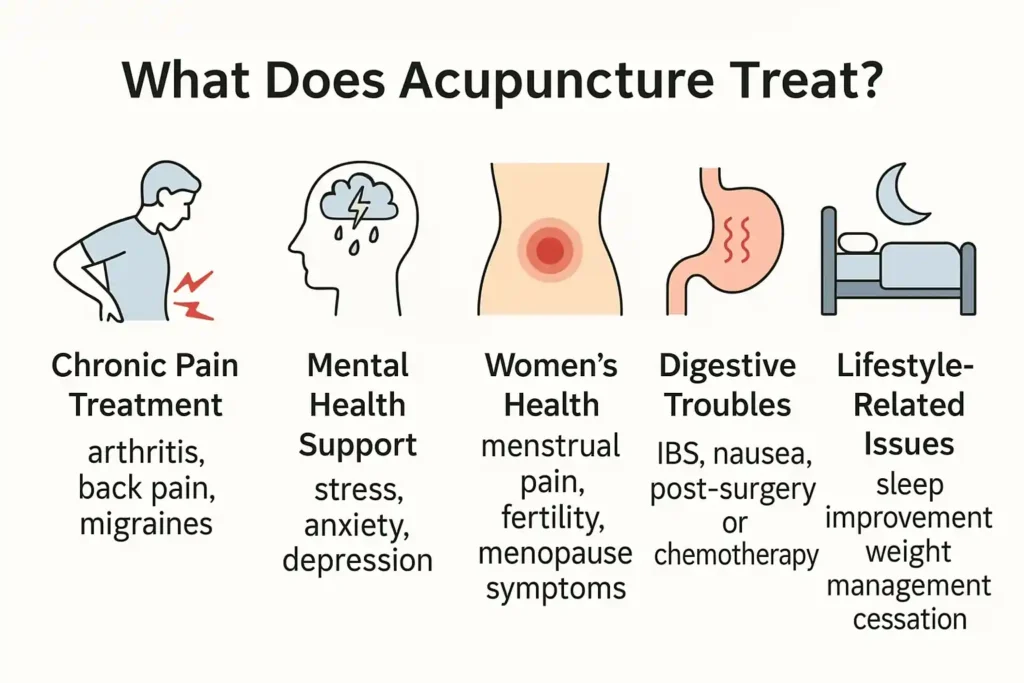
Evidence shows acupuncture is good for and helps with a wide range of problems:
- Chronic pain treatment: arthritis, back pain, neck stiffness, migraines, fibromyalgia
- Mental health support: stress, depression, anxiety
- Women’s health: issues related to menstrual pain, fertility concerns, and hot flashes during menopause.
- Digestive troubles: irritable bowel syndrome, indigestion, nausea after surgery or chemotherapy
- Lifestyle-related issues: smoking cessation, weight management, sleep improvement
For example, a study in the Journal of Pain found that people with long-term knee arthritis experienced less pain and better movement after regular acupuncture sessions compared to standard drug treatments.
Another real-life case: cancer centers now offer acupuncture to reduce nausea and improve appetite in patients undergoing chemotherapy.
Are There Different Types Of Acupuncture?
Yes. Over centuries, several methods have developed. Some involve needles, while others rely on stimulation without puncturing the skin.
- Traditional acupuncture: needles inserted into meridian points.
- Electroacupuncture: needles connected to mild electrical pulses to enhance stimulation.
- Acupressure: pressure applied by hands instead of needles.
- Scalp acupuncture: focusing on specific areas of the scalp to aid in neurological conditions such as recovery from a stroke.
What is Auricular Acupuncture?
Auricular acupuncture focuses on the ear, which is believed to represent a map of the entire body. Stimulating points here may help with pain, addiction recovery, and even emotional regulation.
For example, some rehabilitation clinics use auricular acupuncture to reduce cravings in people overcoming drug or alcohol dependency.
Treatment Details
How Does Acupuncture Work?
From the traditional view, it clears blockages in qi energy flow along meridian channels, restoring balance in the body.
From a scientific view, inserting needles triggers neuromuscular stimulation, which releases natural chemicals like endorphins and serotonin. These help reduce pain, improve mood, and promote healing.
Think of it like pressing a reset button on your nervous system, it tells your body to activate its own repair system. This is why doctors often describe it as a form of natural pain management and holistic therapy.
What Happens During An Acupuncture Treatment?
When you arrive for an acupuncture treatment, the practitioner first asks about your health history and current symptoms. Then you lie down comfortably on a table.
They insert thin, sterile needles into specific needle insertion points. Depending on your condition, the session may focus on your back, arms, legs, or even ears.
Most treatments last between 30–60 minutes. During this time, people usually feel calm and sometimes even drift into sleep.
Does Acupuncture Hurt?
This is one of the most common fears. The truth is, acupuncture rarely hurts. The needles are so fine that they’re often thinner than a strand of hair.
When inserted, you may feel a slight tingle, warmth, or heaviness, but not sharp pain. Many describe the sensation as unusual but relaxing.
What Happens After An Acupuncture Treatment?
After a session, people often report feeling lighter, more relaxed, and sometimes energized. For pain-related issues, relief may be immediate or appear gradually over several sessions.
So, how long does acupuncture treatment take? A single session lasts about 30–60 minutes. But to see results, mild conditions may need 4–6 sessions, while chronic problems may require 10 or more.
For example, a person with recent back pain may feel relief in a few visits, but someone with long-term arthritis may need months of regular treatments for sustained results.
Risks / Benefits
What are the Benefits Of Acupuncture?
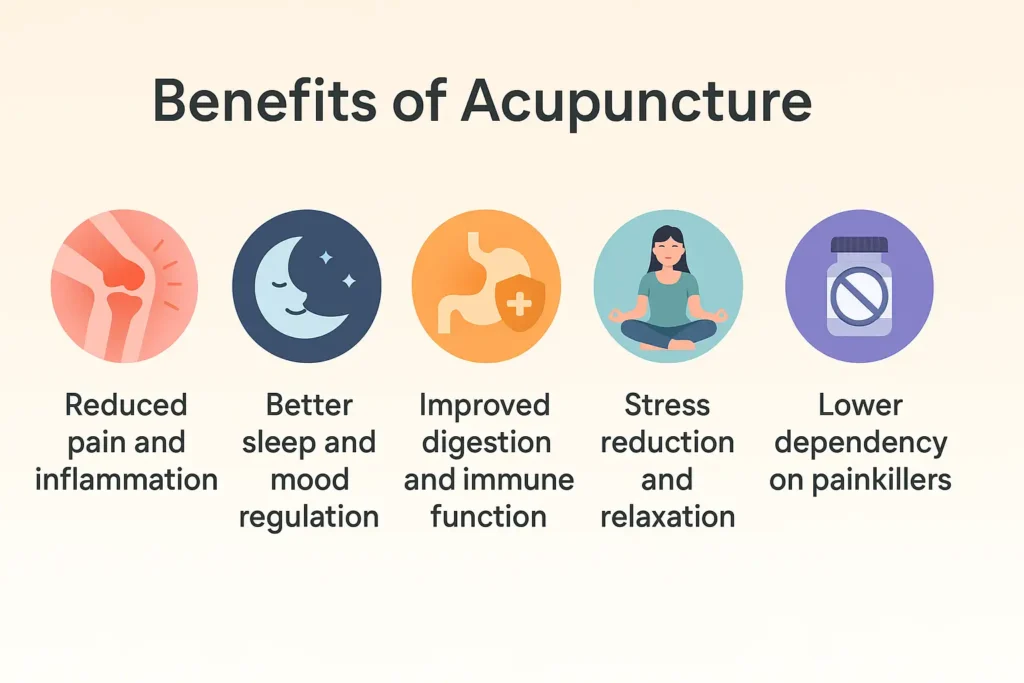
The acupuncture benefits are both physical and mental:
- Reduced pain and inflammation
- Better sleep and mood regulation
- Improved digestion and immune function
- Stress reduction and relaxation and healing
- Lower dependency on painkillers
This practice is also considered safe when conducted by a qualified professional. Side effects are rare and usually minor, such as slight bruising or dizziness.
One unique advantage is its role as a holistic therapy. Instead of only masking pain, it supports the whole body’s balance. This is why professional sports teams and wellness clinics now include acupuncture as part of integrative health programs.
The Bottom Line
Acupuncture is more than just an old tradition. It represents a therapeutic approach that combines traditional knowledge with contemporary scientific understanding. Whether you view it as balancing qi energy flow or stimulating the nervous system, its results are visible in pain relief, stress reduction, and overall health support.
It doesn’t replace modern medicine, but it can complement it. For people seeking alternative medicine options, acupuncture offers something unique: a way to heal by helping the body heal itself.
FAQs
What does acupuncture actually do?
Acupuncture stimulates nerves, muscles, and circulation through needle insertion points, restoring balance, reducing pain, calming the nervous system, and improving energy levels while encouraging the body’s natural healing response.
What are the 4 golden rules of acupuncture?
Use sterile fine needles, seek licensed practitioners, follow the recommended treatment plan consistently, and pay attention to your body’s signals during and after each acupuncture therapy session.
What are the side effects of acupuncture?
Side effects are uncommon but can include slight bruising, mild soreness, or temporary fatigue. These effects usually disappear within 24 hours and rarely require medical attention.
What happens to your body after acupuncture?
After treatment, the body releases natural chemicals that relieve pain, regulate hormones, and promote relaxation. Some feel energized, while others feel deeply calm for hours afterward.
What is the success rate of acupuncture?
Success depends on the condition treated, but studies show effective relief in 60–80% of chronic pain cases, especially arthritis, migraines, and lower back pain when therapy is consistent.
What are the 5 forbidden acupuncture points?
These are points usually avoided in pregnancy or specific health conditions, including LI4, SP6, BL60, BL67, and points on the lower abdomen. They are skipped for safety reasons.
Who should not take acupuncture?
People with bleeding disorders, uncontrolled infections, or those on blood thinners should seek medical advice. Pregnant women must consult professionals to ensure safe acupuncture treatment options.


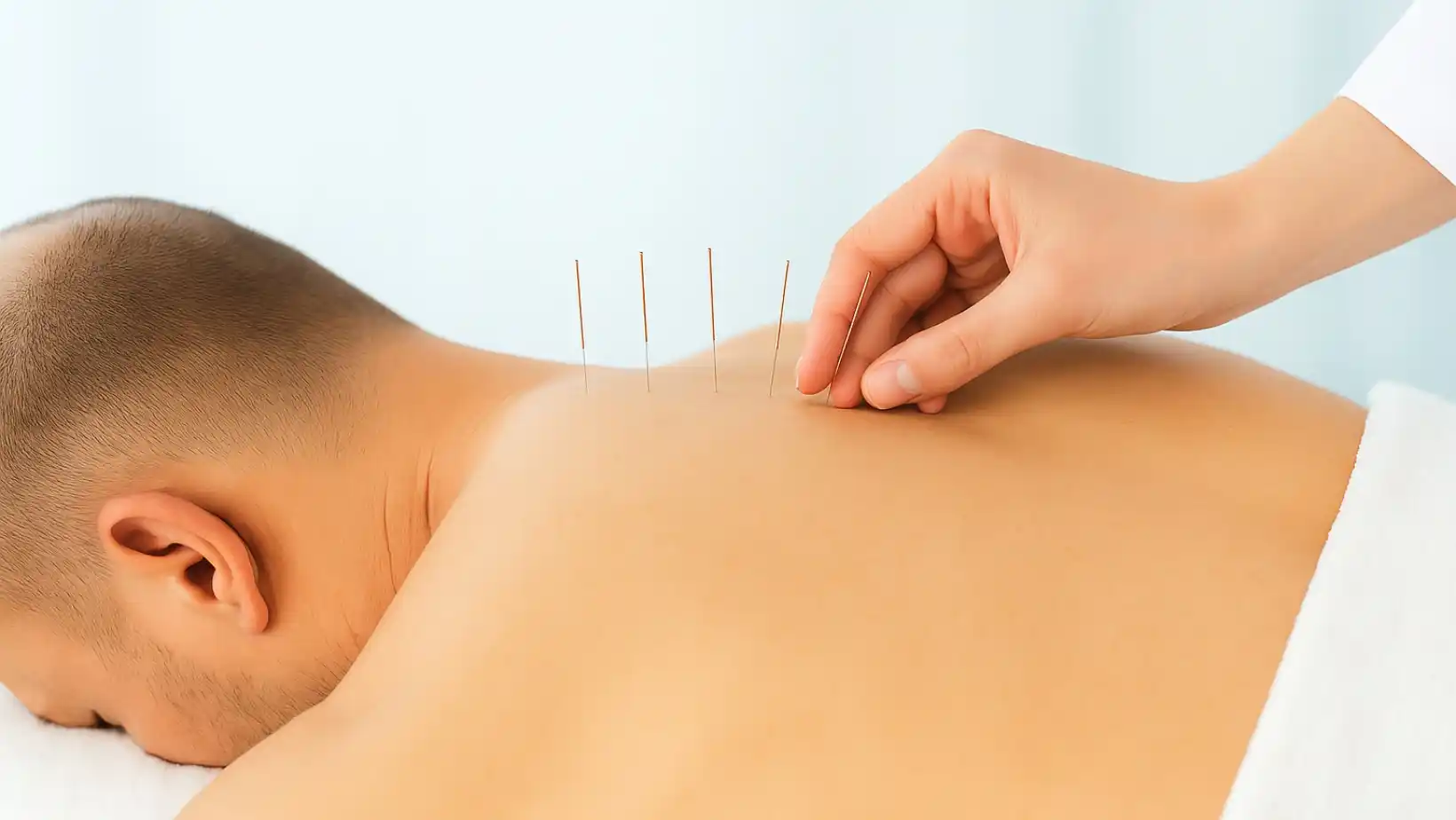




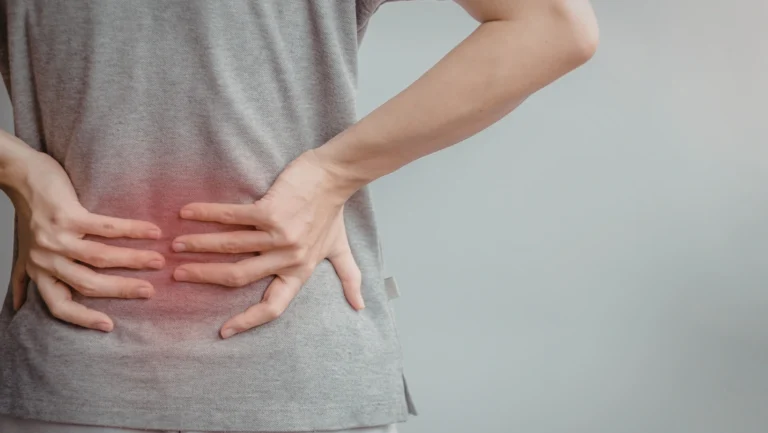
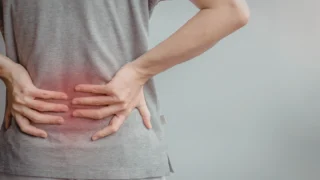


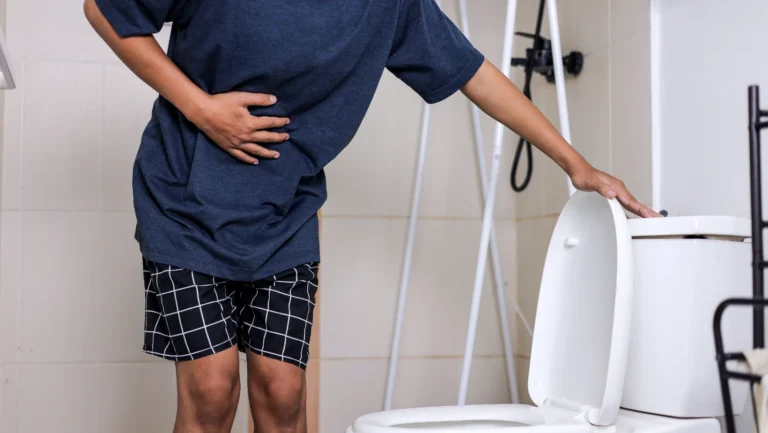


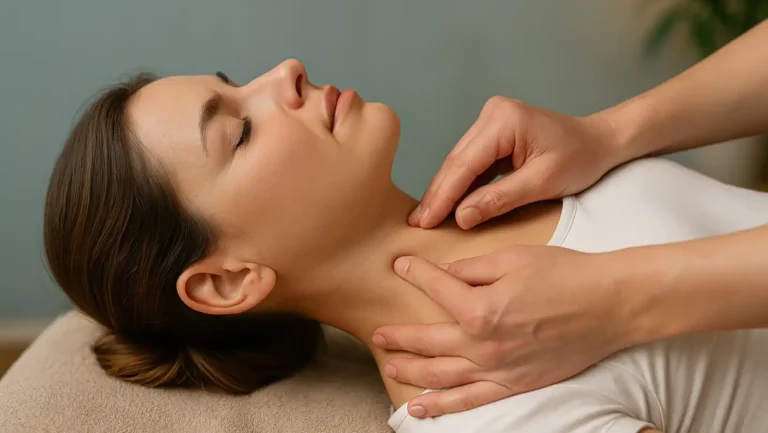

Leave a Comment